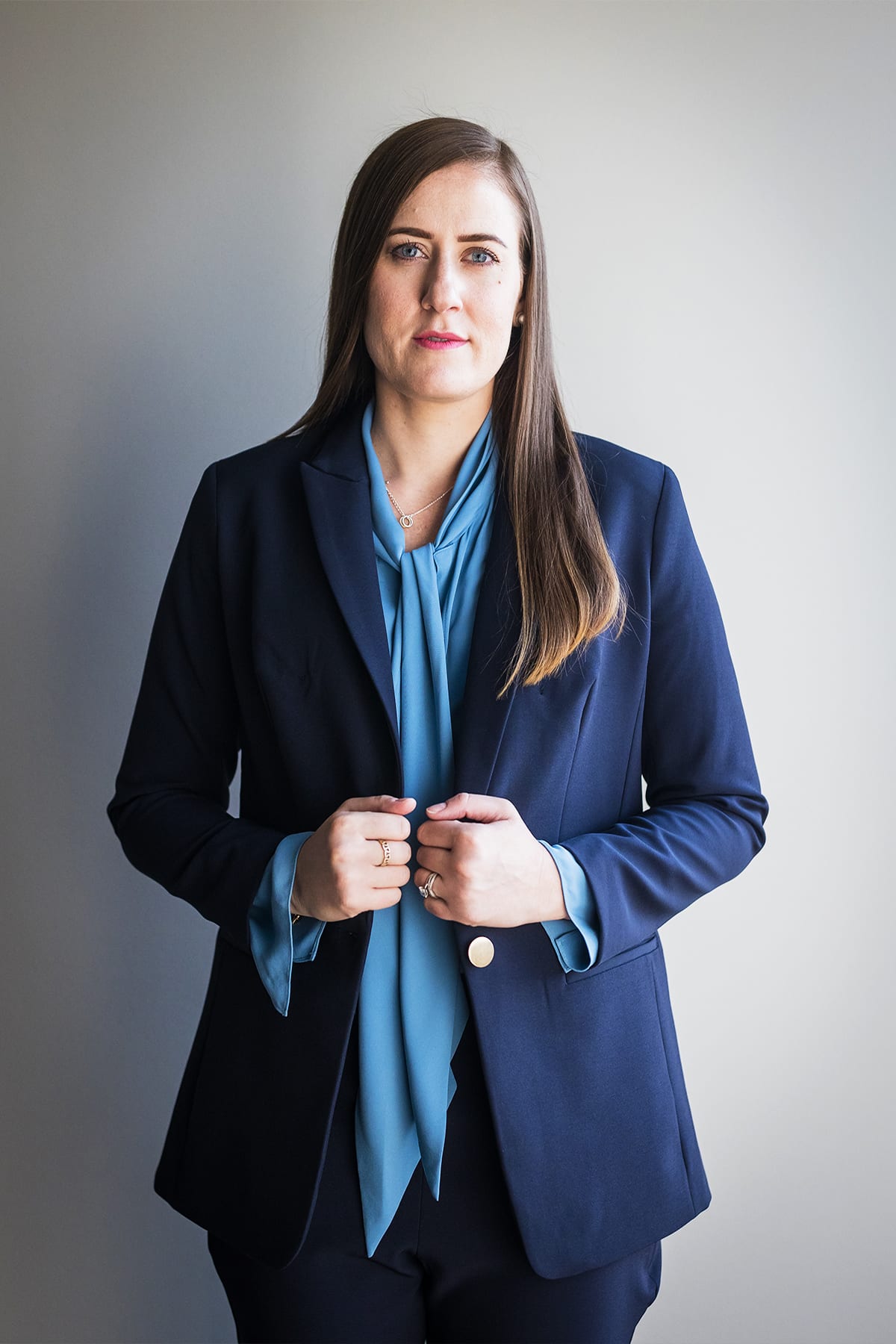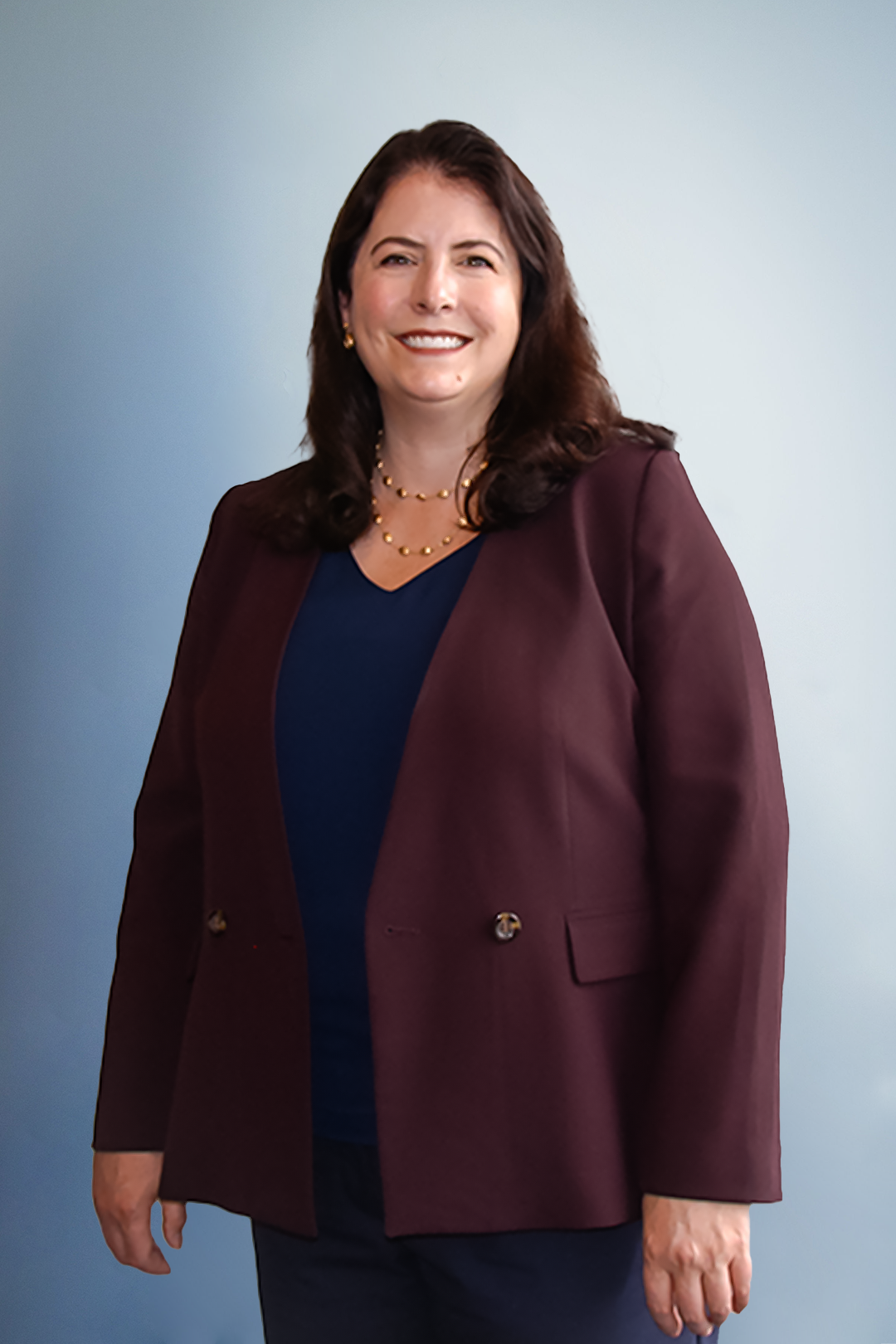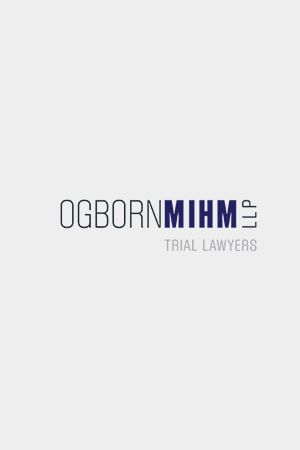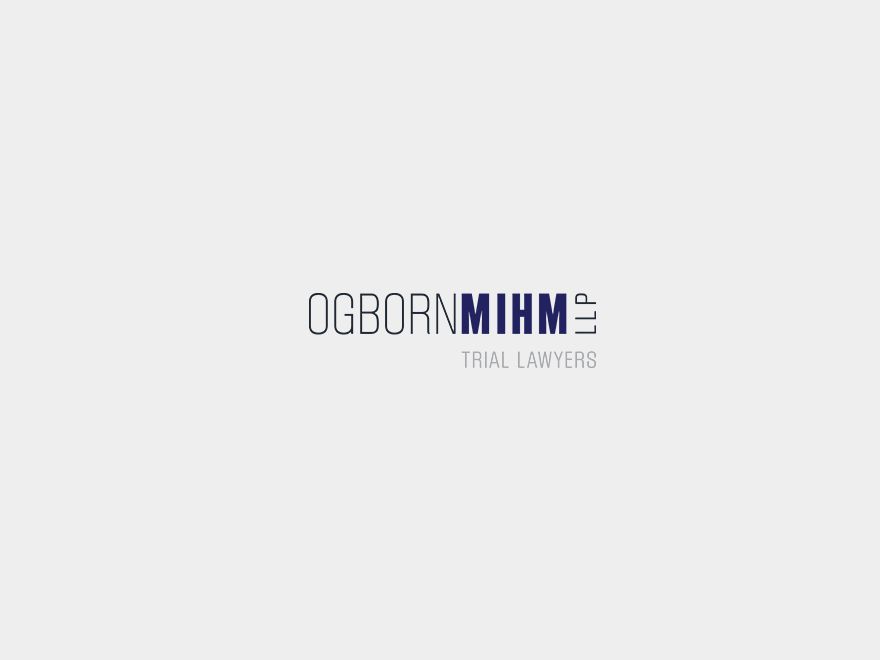Appeals are vastly different from trials. While a trial focuses on facts and persuading a jury, an appeal is about the nuances of complex and varying legal authorities and persuading a panel of seasoned judges. It is critical to hire a law firm that not only can help you win at trial but that can also strategize to ensure an appeal is successful if the other side appeals after trial. Having truly experienced appellate lawyers when your case goes to the next level is imperative so that you can preserve a great trial win or get a second chance to prove your case.
The appellate lawyers at Ogborn Mihm LLP have done hundreds of appeals that have resulted in some of the most important cases decided in Colorado state and federal courts. Whether it is changing the landscape in disability discrimination cases so disabled employees can enforce their rights or establishing the right to hold insurance companies to account when they refuse to do the right thing for their insured, our appellate attorneys have the experience, knowledge, and skills to get the right results for our clients in the appellate courts regardless of the subject matter. Our trial attorneys work hand-in-hand with our appellate lawyers to preserve critical appellate issues and avoid traps that can turn a good trial verdict into a bad appellate decision.














